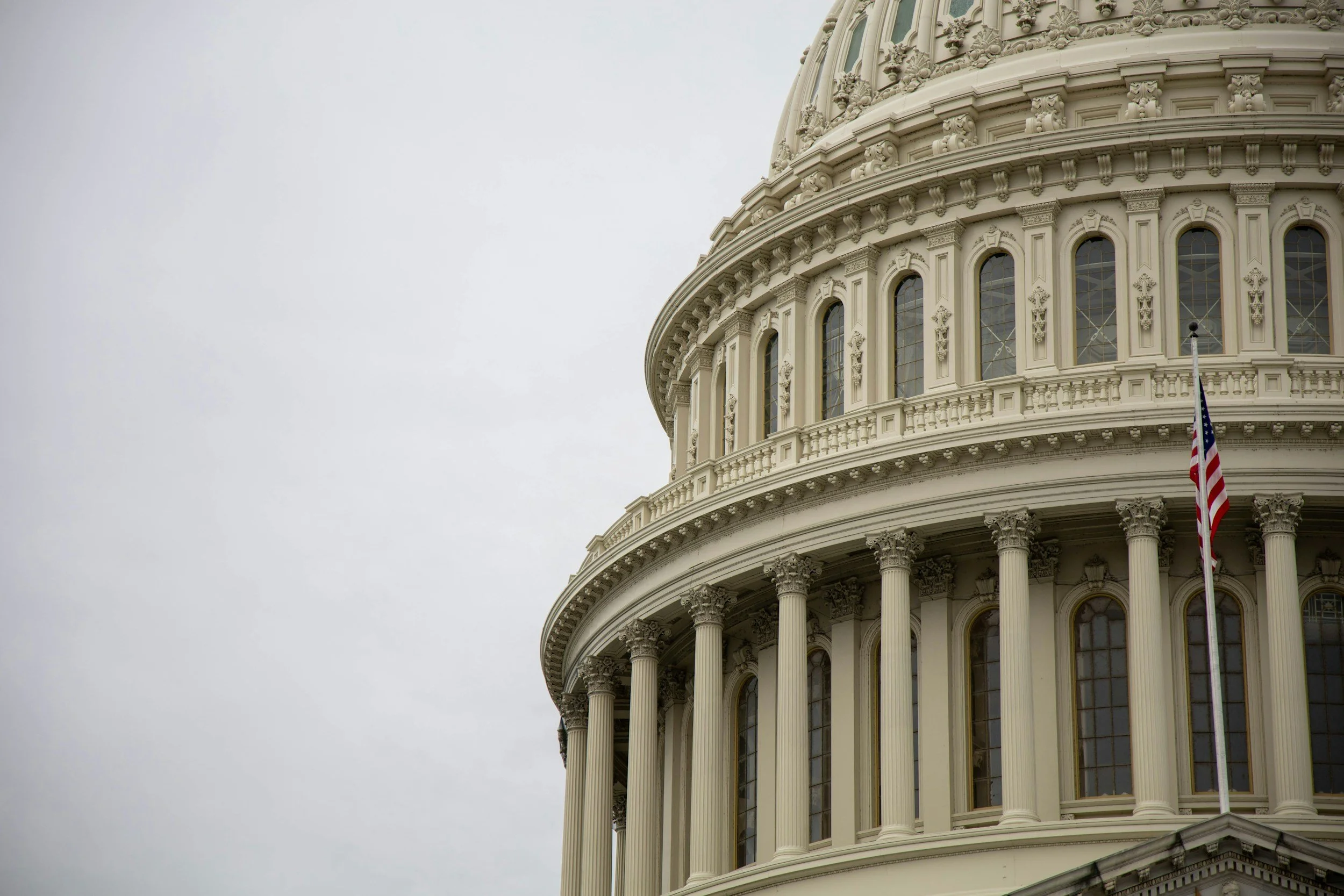On December 18, 2024, USCIS published the final rule titled Modernizing H-1B Requirements, Providing Flexibility in the F-1 Program, and Program Improvements Affecting Other Nonimmigrant Workers. The rule is effective on January 17, 2025.
The new rule includes revisions such as changing the F-1/H-1B cap-gap end date from October 1 (the first day of the fiscal year) to April 1 (six months later), clarifications to the definition of H-1B "specialty occupation," and other H-1B changes that incorporate into the regulations current USCIS policy like deference to prior USCIS H-1B determinations, and eliminating the itinerary requirement across all H classifications. The new rule also clarifies that certain beneficiaries may qualify for H-1B cap exemption when they are not directly employed by a qualifying organization, but still spend at least half of their time providing essential work that supports or advances a fundamental purpose, mission, objective, or function of the qualifying organization. In addition, the rule contains a revised definition of "United States employer:"
Adds bona fide job offer and legal presence requirements.
Eliminates explicit references to the employer-employee relationship, shifting the focus to the legitimacy of the job and petitioner.
Addresses beneficiary-owners to clarify eligibility when the beneficiary has a controlling interest in the petitioner.
References "telework, remote work, or other off-site work within the United States."
Relevant to entrepreneurs, a new provision limits the initial approval and subsequent extensions of H-1B petitions to 18 month segments when "the H-1B beneficiary possesses a controlling interest in the petitioning organization or entity, meaning the beneficiary owns more than 50 percent of the petitioner or has majority voting rights in the petitioner."
The changes will also require petitioners to use a new version of Form I-129 starting January 17, 2025 with no grace period for use of prior form editions. Read the final rule published at 89 FR 103054 (December 18, 2024), effective January 17, 2025.

